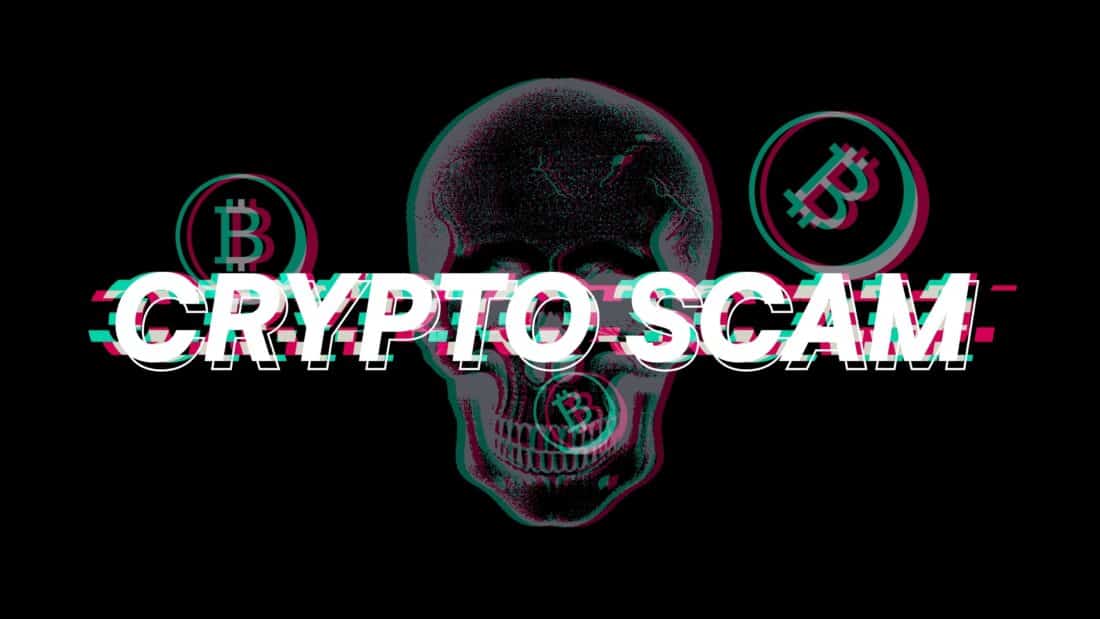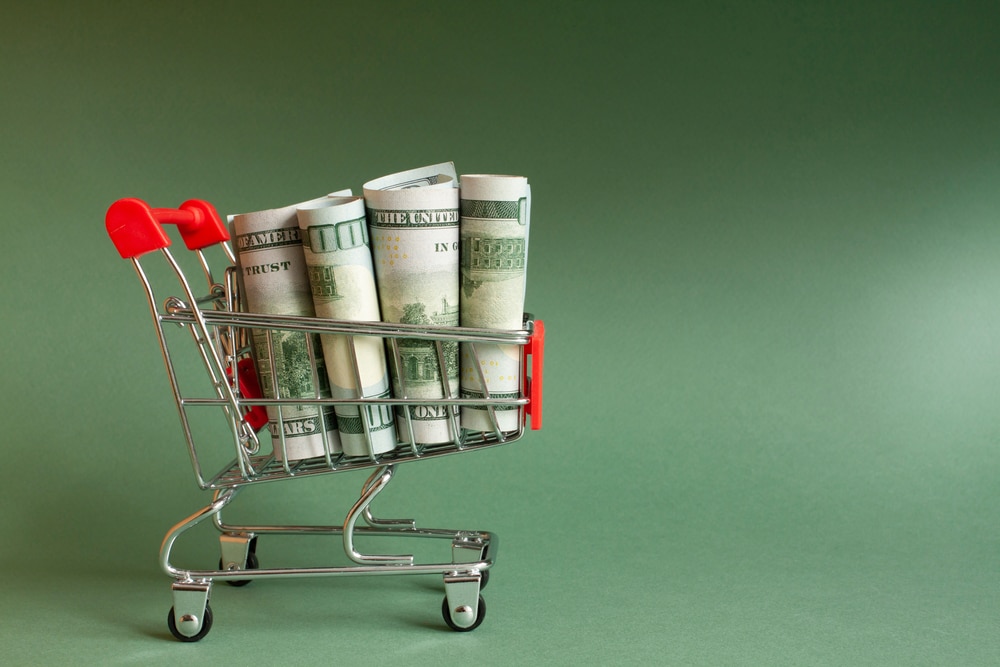
The World Is Rushing Into Gold – What Do They Know That You Don’t?
When the storm clouds gather, the smart ones don’t wait around to get drenched.
We’re watching something big unfold right now: global investors – big and small – are running, not walking, into gold. Why? Because they know the paper money game is rigged and the clock is ticking.
According to the latest report from the World Gold Council, gold-backed ETFs saw a massive influx of $8.6 billion in March alone – that’s 92 tonnes of gold snapped up in just one month. In total, 226 tonnes were bought in the first quarter of 2025. That’s $21 billion pouring into gold ETFs – the second-largest quarterly surge ever, only behind the COVID-induced panic of mid-2020.
Think about that. This isn’t just about price action or market speculation. This is a global flight to safety. The system’s flashing red, and the people who manage trillions of dollars are quietly (and not so quietly) preparing for the worst.
Let’s break down what’s really going on here.
📉 Economic Chaos = Golden Opportunity
You don’t need a PhD in economics to know things aren’t right. Inflation’s still eating away at your paycheck, rates are still climbing, and every time you turn on the news, it’s another bank in trouble or another country at war. It’s no wonder investors are bailing on stocks and bonds and heading for the one asset that’s been money for 5,000 years.
The World Gold Council highlights that this new surge is broad-based – it’s not just North America anymore. Europe and Asia are finally waking up.
- North America accounted for 61% of gold ETF inflows last month – no surprise there. U.S. investors are rattled by recession fears and collapsing confidence in the banking system.
- Europe saw inflows of 13.7 tonnes, especially in the UK, Switzerland, and Germany. Why? Weak stock markets, growing trade tensions with the U.S., and central banks that keep flip-flopping on rate hikes.
- Asia brought in 9.5 tonnes, led by China and Japan. Rising gold prices and geopolitical risks are driving demand sky-high.
This isn’t panic. It’s preparation.
🔍 The “Reluctance to Sell” Is Telling You Something
What’s really interesting – and maybe even more important than the buying – is the lack of selling. Investors are holding tight to their gold positions.
Why? Because they know that once the next crisis hits, physical gold will be hard to get – or worse, priced so high the average person can’t afford it.
The report even compares this rally to previous gold peaks in 2011 and 2020, and guess what? Today’s fundamentals are stronger. Back then, we were reacting to problems. This time, we’re watching them form in real-time – and still no one’s fixing anything.
The market isn’t irrational – it’s finally waking up.
🛑 Don’t Wait for the Media to Tell You It's Time
Here’s the deal, friend: by the time CNBC or Bloomberg is screaming “Buy gold!”, it’ll be too late. You’ll be buying at $3,000 an ounce while the big players already locked in their positions at $2,000 or less.
We’ve got:
- Central banks hoarding gold like never before
- Nations ditching the dollar in trade deals
- Wall Street insiders rotating into commodities
- The looming threat of FedNow and CBDCs to kill cash and track your every move
All of it points to one thing: you need to get out of paper and into something real.
📘 Here’s What to Do Next
If you’re reading this and thinking, “I’m not ready for this level of economic collapse,” don’t panic – just prepare.
Start by grabbing Bill Brocius’ FREE eBook, Seven Steps to Protect Yourself from Bank Failure. It’s your playbook for what’s coming next. Practical, no-nonsense advice on how to survive – and thrive – when the system starts cracking.
And if you haven’t subscribed to our Dedollarize products yet, now’s the time. We’ve got tools to help you move out of the fiat system, protect your privacy, and secure your future with real assets like gold and silver.
The elite are already moving. The data proves it. The question is: will you be prepared, or will you be left holding the bag when the music stops?
Don’t say you weren’t warned.











